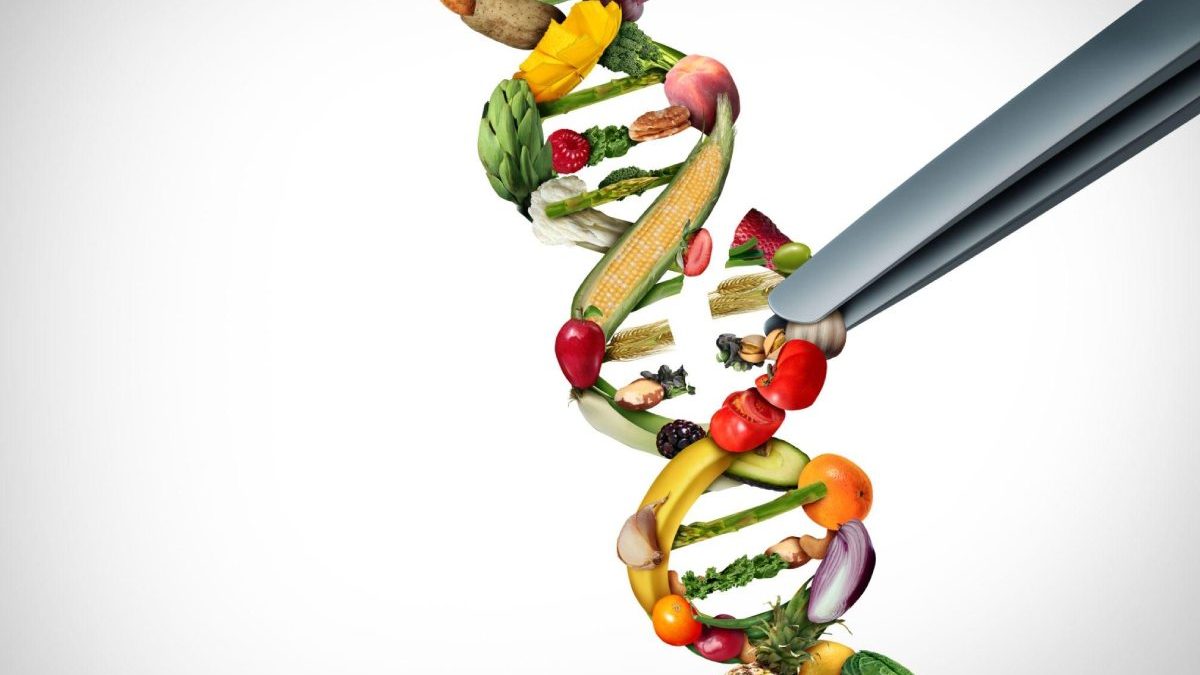Nutrigenomics is a cutting-edge field that combines the study of nutrition with genetics. It’s all about understanding how your DNA affects your body’s reaction to different foods.
This science aims to develop personalized eating plans that fit your genetic profile. The goal? To boost your health in the most effective way possible.
Another way to bump up your pocket size is by logging into ivibet casino and taking a spin at all the fun games available. Once you feel invigorated, let’s see how the following field came to be.
Table of Contents
How It Works
At its core, it is the idea that there’s no one-size-fits-all diet. What works wonders for one person might not be great for another, and your DNA plays a big role in this. By analyzing your genes, scientists can determine which ingredients your body needs more of, and what it might not handle well.
Some people might have a variation in their genes that makes it harder for them to process certain fats. Knowing this, they can adjust their diet to avoid these fats and choose better options for their specific needs. This kind of tailored advice is what makes it so exciting.
Field Applications
Personalized Plans
The most direct application is in creating personalized diet plans. By understanding your genetic makeup, dieticians can recommend a diet that’s tailored for you.
This could suggest certain foods that can help reduce the risk of diseases that you are predisposed to from birth. Conditions like diabetes, heart disease, and obesity all fall under this category.
Preventing and Managing Diseases
Within the field, eating in a certain way is a tool to prevent and manage diseases. If you show a higher risk for type 2 diabetes, you would focus on regulating blood sugar levels through specific dietary choices.
Athletes can also fine-tune their energy levels and recovery times by understanding how their body reacts to different nutrients. This would enhance their whole performance, to say the least.
Lifestyle Factors
It doesn’t stop at diet alone. It’s also exploring how lifestyle and environmental factors interact with our cells. For instance, how does stress or lack of sleep affect someone with certain predispositions?
The Role of Microbiome
An exciting area in nutrigenomics is the study of the microbiome. The trillions of bacteria that live in our stomachs. Research is uncovering how they interact with our genes and influence us. This means that in the future, these diets might also include recommendations for foods that support a healthy gut system.
Technology and Accessibility
Advancements in technology are making testing more accessible and affordable. With home DNA kits becoming more common, there’s potential for wider adoption of these practices.
Controversy in the Field
Despite its potential, this method is surrounded by debate. These are some of the reasons why:
Scientific Validity
Our bodies are complex, and influenced by many factors beyond our knowledge. While your DNA can tell you how you might process Vitamin C, it can’t account for your lifestyle, environment, and behavior.
All of these play significant roles in your physical well-being. Critics argue that the field might oversimplify our needs, reducing them to a mere formula.
Privacy Concerns
Genetic information is highly personal. Concerns about privacy and how sensitive data might be used or misused. People worry about it falling into the wrong hands or being used for other purposes unbeknownst to them.
Accuracy and Interpretation
The science of analyzing genetic data is still evolving. There’s a risk that the information could be misinterpreted. This could lead to dietary recommendations that might be less effective or even more harmful.
Access and Inequality
Testing and personalized diet plans can be expensive. This raises questions about who should have access to these services. There’s a concern that it could widen wealth disparities.
Ethical Considerations
There are also other ethical dimensions to consider. Should employers or insurance companies have access to this kind of information? Could it lead to a bias based on one’s genetic predisposition to certain diseases?
- Genetic Determinism: There’s a risk of giving too much power in determining health outcomes. This could lead to fatalism or discrimination.
- Cultural and Social Factors: Any advice must consider cultural, social, and economic factors.
The Future of Nutrigenomics
Nutrigenomics is starting to integrate with traditional medical practices. Doctors are beginning to consider genetic information when giving advice. This could lead to a more effective system, where diet is a central part of treatment.
Regulatory and Ethical Frameworks
There’s a push for clearer regulatory and ethical frameworks. This involves creating standards for testing and ensuring that personal data is used responsibly. Establishing these frameworks is crucial for the field to progress ethically.
Wrapping Up
While it holds great promise for improving health, as with any new science, it comes with its own set of challenges. The key will be to address these concerns while continuing to explore the incredible potential of this research.


